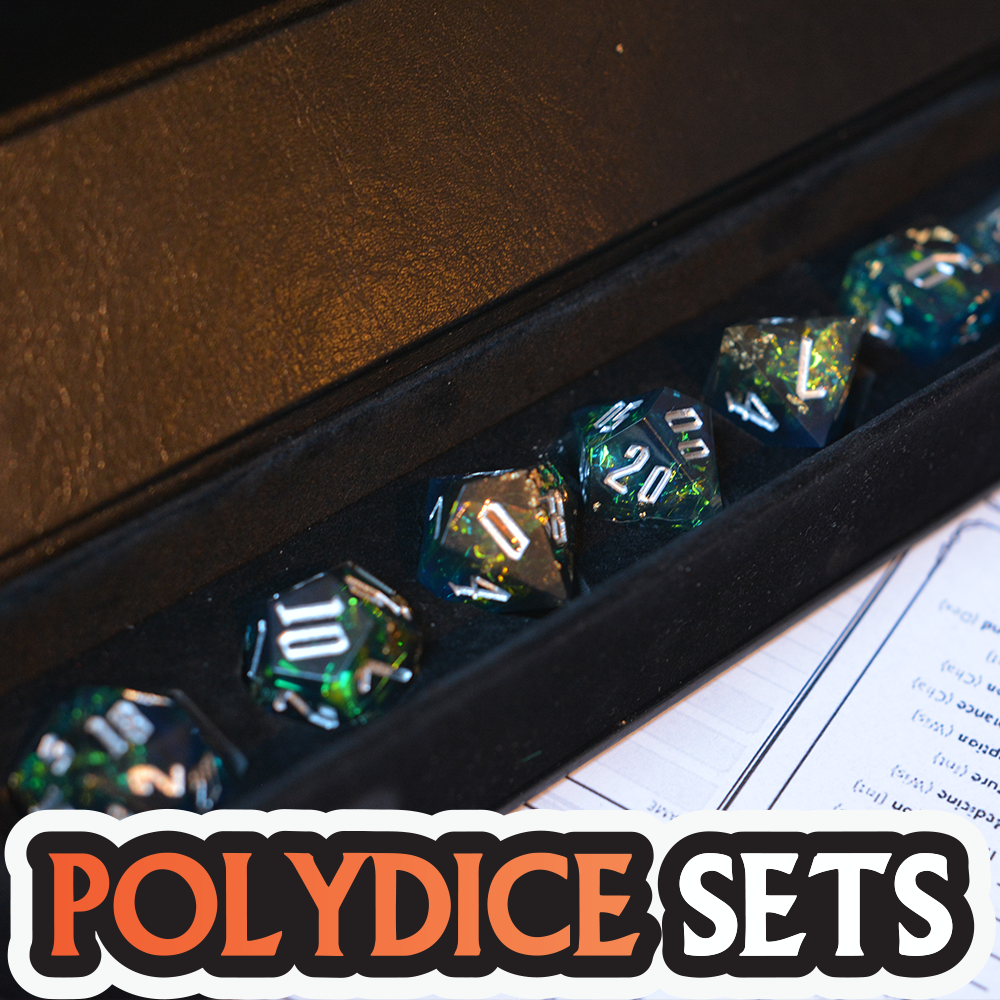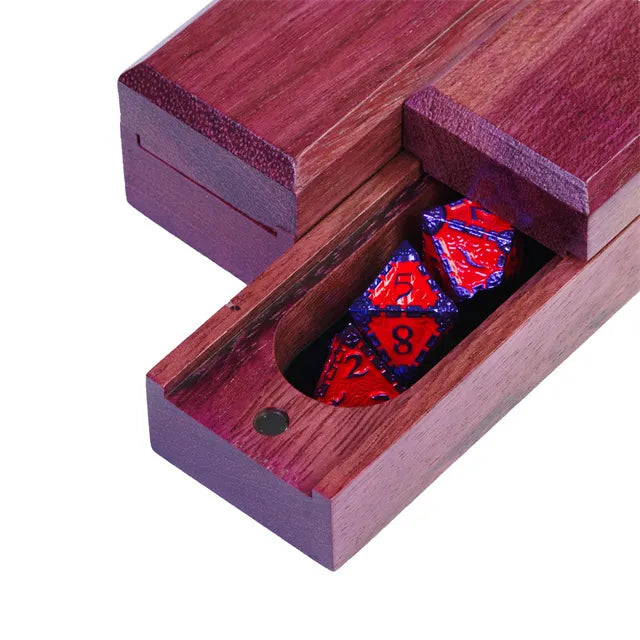Stuck for answers in the Pathfinder vs DnD debate? Here are the key differences between Pathfinder and DnD to help choose the right TTRPG for you.
Pathfinder 2e and Dungeons and Dragons 5e are two tabletop RPGs with a lot in common. Both are a great way to spend an evening (or several hundred) if you’re a fan of character builds, dungeon crawling, and d20s. They’re similar enough that the fresh-faced and money-conscious RPG-er may feel they need to choose between them. And making that choice brings up one key question: ‘What’s the difference between Pathfinder and DnD, anyway?’
Pathfinder and Dungeons and Drangons are the two most popular tabletop RPGs currently available. D&D is in its Fifth Edition, and Pathfinder is in its Second. They are quite similar, both being fantasy adventure games largely based on classic D&D. They're direct competitors, and every group should make an informed choice on which one to play at their table. Neither is without merit or without flaw.
Is D&D Better Than Pathfinder?
No, while both games are similar, they offer different ways of playing. Neither is better, though one will certainly fit your playstyle more. Dungeons & Dragons has simpler, more streamlined rules, while Pathfinder is slightly more complex but allows for greater flexibility.
Is Pathfinder Harder Than D&D?
Pathfinder will be more detail-oriented and slightly more complex than D&D. Players just starting out with Tabletop RPGs will have an easier time with D&D and its simpler ruleset. More experienced players will enjoy the amount of detail that goes into Pathfinder and just how much you can delve into the minutiae of everything. If you enjoy digging into every aspect of gameplay and detail, Pathfinder will be a better choice.
Is It More Expensive To Get Into D&D Than Pathfinder?
Both D&D and Pathfinder have low barriers to entry when it comes to cost. Most resources you'd need are available for free online. As you grow more and more into your selected field, you may find yourself purchasing more accessories - dice in particular are a popular accessory.
Proficiency
Both systems use a mechanic called Proficiency, which determines how competent a character is at a given task. Proficiency reflects the fact that a character is especially capable when attempting a specific task, be it because of training, natural aptitude, or tools.
In Dungeons and Dragons, you’re either proficient in a skill or you aren’t. Mechanically, this means you get to add your proficiency bonus (a number that occasionally increases with a DnD level up, but won’t change too much) to relevant rolls.
In Pathfinder, you can be proficient in something by degrees. There are five different ranks of proficiency: untrained, trained, expert, master, and legendary. Each has its own distinct proficiency bonus. And rather than this number going up as you level up, your proficiency rank will increase instead.
Bounded Accuracy
One of the most important differences between D&D and Pathfinder is a design principle that is core to D&D's identity, but absent from Pathfinder: Bounded Accuracy. Simply put, the bonuses you add to your die rolls in D&D never get all that high. This includes both the bonuses you automatically get from your proficiency and the ones you'll be able to scrape together from circumstances and equipment. This means that low-level characters have at least some chance of tackling all but the toughest of challenges, but also that high-level D&D characters can sometimes fail common tasks.
This is not the case in Pathfinder. Both the bonuses and the DCs in Pathfinder are much higher, and the main consequence of this is an extreme difference between the power levels of low-level Pathfinder and high-level Pathfinder. Low-level characters are totally incapable of meeting high-level challenges, and high-level characters are equally incapable of failing low-level tasks. High-level monsters can't be allowed near low-level players because they'll instantly kill them, while low-level monsters are likely to be completely incapable of harming high-level PCs.
Neither of these systems is necessarily better. Bounded Accuracy keeps D&D's tone grounded, while Pathfinder's lack of it maximizes its sense of progression and provides for an escapist power fantasy at high levels, where characters can do some absurd things.
For more details look at the following blogs:







